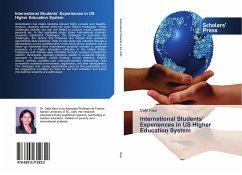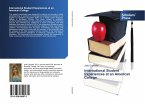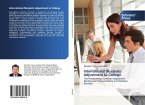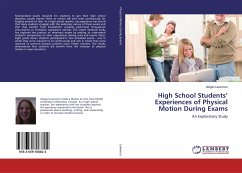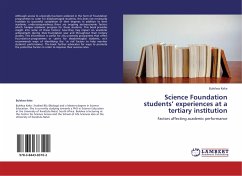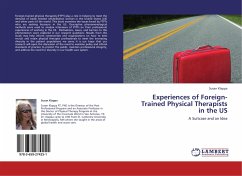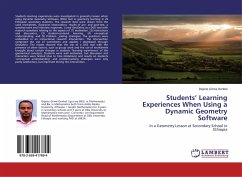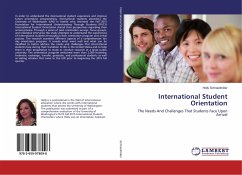Globalization has made studying abroad highly popular and feasible. However, studying abroad does not come without challenges. These challenges include, but are not limited to cultural, social, academic, personal etc. In this qualitative study, Indian international students' academic adjustment challenges, the strategies to overcome the challenges, the factors that hindered and helped their academic adjustments were examined. Data for this study was collected through a demographic survey questionnaire, three focus group sessions and six follow up interviews from international students enrolled in graduate programs at a higher education institution in the United States. Categories and themes were identified through constant comparative method. Participants reported problems related to academic integrity, approach to education, critical thinking, course selection, English accent, working unskilled jobs, instructor-student relationships, less competitive academic environment, registration, and time management. The strategies and coping mechanisms used by the participants and the suggestions provided by them for the host institution and future international students are addressed.
Bitte wählen Sie Ihr Anliegen aus.
Rechnungen
Retourenschein anfordern
Bestellstatus
Storno

